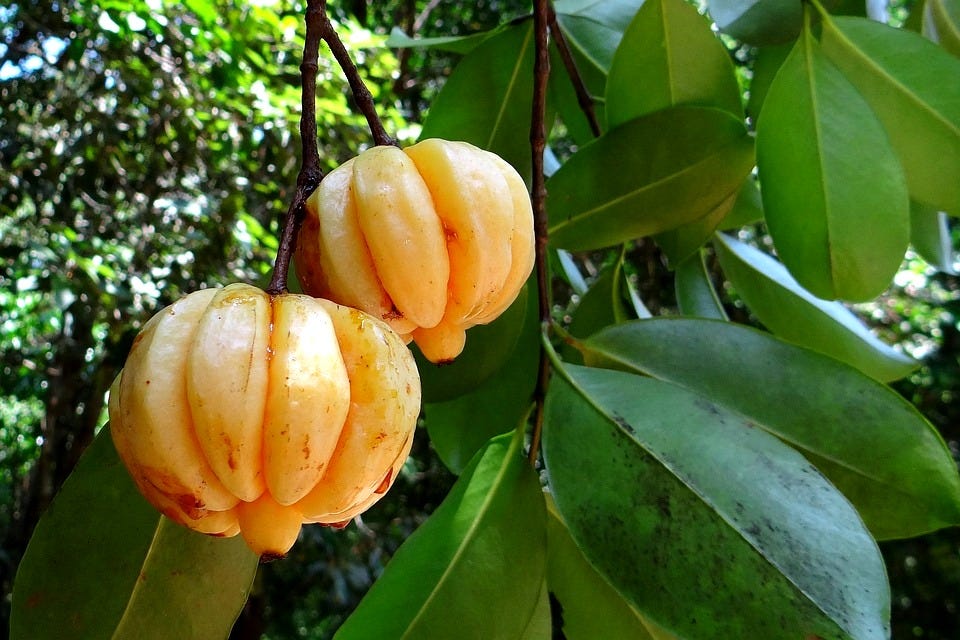Herbal Supplements and Liver Damage: The Hidden Risks of Popular Remedies
From turmeric to green tea, many widely used herbal supplements can pose a serious threat to liver health when consumed in excessive amounts. While these natural remedies are often praised for their health benefits, their potential dangers are frequently overlooked.
A new survey from the University of Michigan estimates that up to 18.6 million people in the United States regularly use at least one herbal remedy with liver-damaging potential.
The Growing Concern Over Herbal Supplements
When consumed in moderation, herbal supplements such as green tea extract and turmeric may offer certain health advantages. However, in concentrated forms like capsules and powders, the risk of overdose increases significantly. The rise in hospitalizations due to herb-induced liver damage is a growing global concern.
"The safety and efficacy of herbal and dietary supplements are not well established due to the lack of regulatory requirements by the US Food and Drug Administration for human pharmacokinetic or prospective clinical trials prior to marketing," warns hepatologist Alisa Likhitsup and her colleagues.
Using data from 9,685 participants in the US National Health and Nutrition Examination Survey (NHANES), researchers identified six of the most commonly used herbal supplements linked to liver injury. These supplements are frequently consumed for conditions such as high cholesterol, depression, and chronic pain, but their risks are often underestimated.
Rising Cases of Herb-Induced Liver Damage
Incidents of drug-induced liver injury related to herbal supplements have surged over the past two decades, nearly tripling from 7 percent in 2004 to 20 percent by 2014.
"The most commonly implicated botanical products … include turmeric, kratom, green tea extract, and Garcinia cambogia, with potentially severe and even fatal liver injury," states Likhitsup and her team.
Liver damage can be difficult to diagnose in its early stages, as symptoms such as fatigue, appetite loss, and weight loss often go unnoticed. In more advanced cases, critical liver dysfunction prevents the proper processing of bilirubin, leading to jaundice, a condition in which the skin and eyes take on a yellow hue.

Symptoms of Jaundice
Who Is Most at Risk?
The research indicates that individuals with chronic medical conditions, including arthritis and diabetes, are more likely to use herbal supplements. These users also tend to be older, more educated, and have higher incomes compared to non-users.
"Turmeric-containing products were most commonly used for joint health or arthritis due to the widespread belief that turmeric may have antioxidant and anti-inflammatory properties," Likhitsup and colleagues explain.
"However, multiple randomized clinical trials have failed to demonstrate any efficacy of turmeric-containing products in osteoarthritis."
Similarly, despite widespread media attention, Garcinia cambogia has shown no significant impact on weight loss in clinical trials, nor has green tea extract demonstrated consistent benefits.

Garcinia Cambogia
Mislabeled Products and Hidden Dangers
A 2019 spectroscopic analysis revealed that the contents of many herbal supplements do not always match the claims on their labels, raising concerns about product purity and dosage accuracy. This further complicates the risks associated with these unregulated supplements.
The safest way to obtain essential nutrients is through a well-balanced diet. Supplements should only be used when recommended for a medically diagnosed deficiency.
For those who choose to take herbal supplements, it is critical to inform a healthcare provider. In the event of adverse effects, having a medical professional aware of supplement usage can be lifesaving.
My YouTube Channel: https://www.youtube.com/@MyLongevityExperiment
Study Links:
